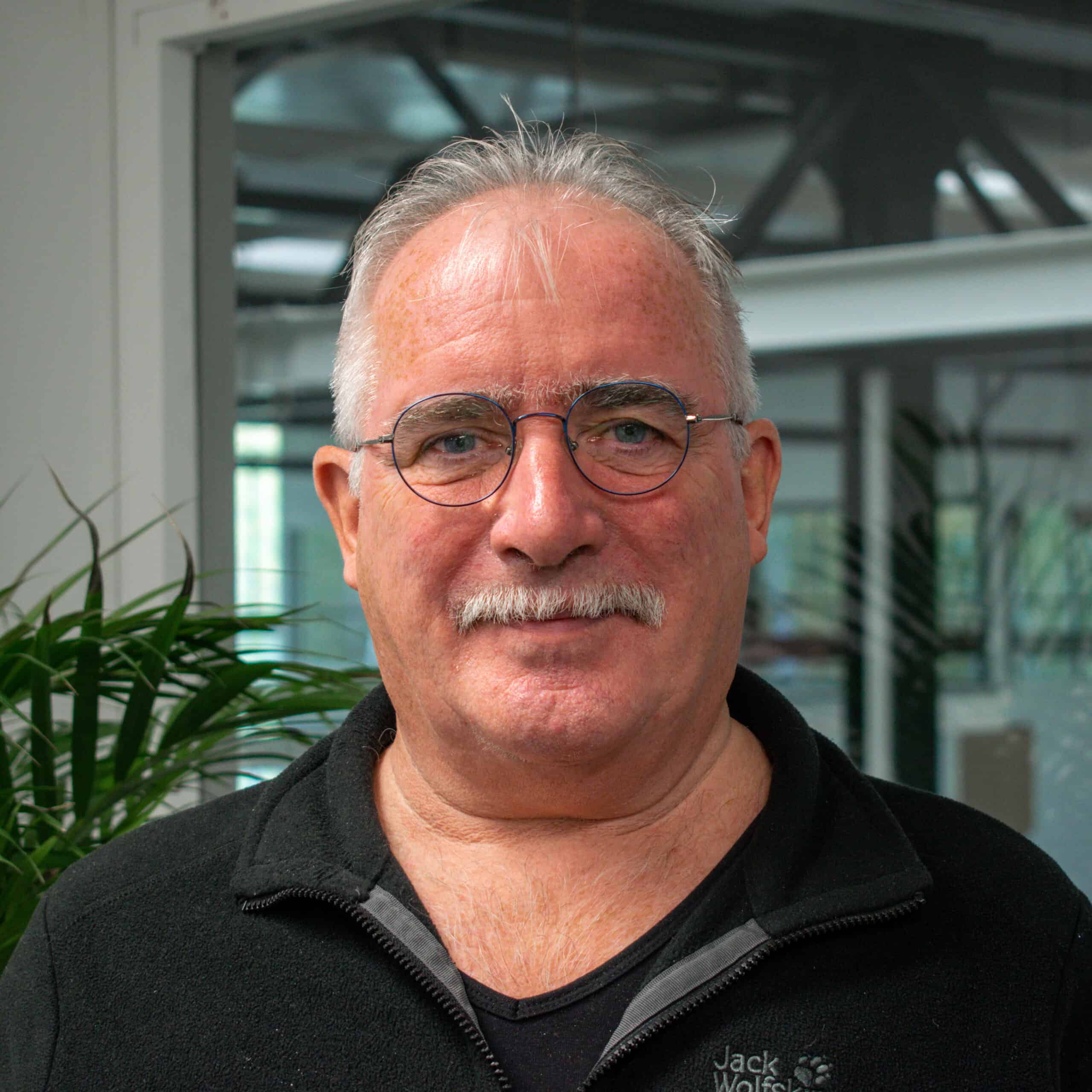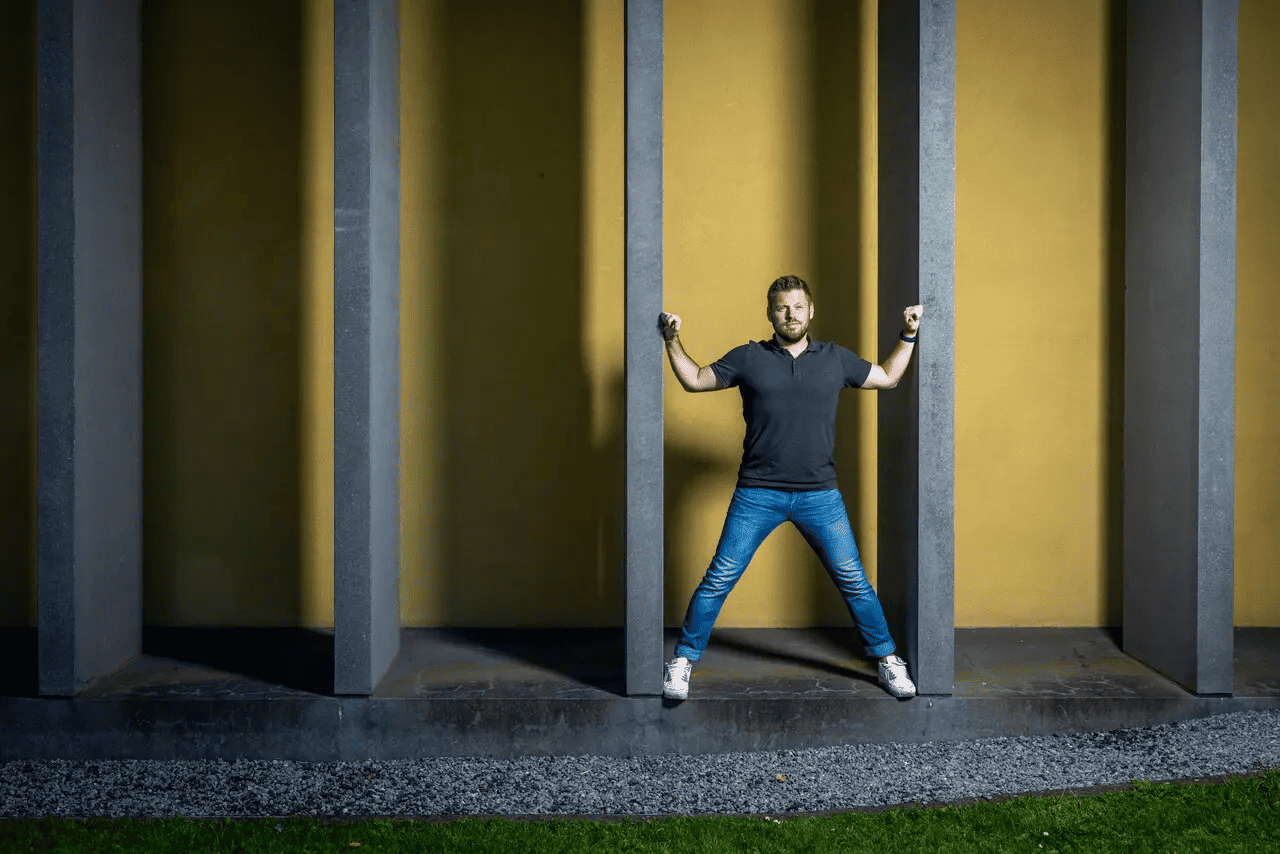
Mental strength affects your performance levels. Not just in sports either. Also before an exam or at work. But how do we achieve that mental state when we perform at our best? Swiss researchers Marc Bächinger and Sarah Meissner from the Zurich University of Technology (ETH) have developed a method that enables you to boost your mental strength through training.
When Sarah Meissner plays table tennis in her free time, she always tries to pause between serves and consciously focus for a moment on a particular part of her body. On her fingertips, for example. She also pays attention to her breathing. These are mental strategies that help her stay focused. “There are always moments when I realize: I’m not focused now,” she says. This is usually the moment when her performance level drops and she loses a point.
Eyetracker
In collaboration with Marc Bächinger, she developed a method that can be used to train the state of concentration: MyFlow. Their system is stunningly simple. Using an eye tracker, the system can “see” from the size of pupils whether we are mentally ready to give our peak level of performance. “When we are tense, stressed or even in a panic, our pupils dilate,” Bächinger explains. “When we become sleepy, on the other hand, they contract.” That state of mental strength is represented graphically in the system.
The potential of applications that are possible is enormous. They range from training tools for athletes through to medical therapies (e.g. for stress), to an app for mobile phones with relaxation exercises for everyday. Bächinger and Meissner plan to establish a company soon to bring MyFlow to the market.
Mental training
The duo already has a preliminary prototype. Bächinger designed software for VR goggles. When you put those on, a pointer indicates the degree of mental strength. On that basis, you can try to adjust the mental state that you are in and thereby improve your mental strength. Bächinger and Meissner aim to start mental training for athletes. With the help of their feedback, they plan to fine-tune the software. “We are still looking for interested juniors and elite athletes to test our new software,” Meissner explains.
The long-term goal is to make the method compatible with smartphones. “Then you could get real-time feedback on your mobile phone about your own mental state,” says Meissner, “You would then be able to influence that state in a targeted way.”
Sleep problems
However, in order to make such an app for mobile phones a reality, MyFlow has yet to prove itself in practice. This is because lighting conditions still pose a problem. “Light dilates or contracts our pupils much more than the degree of mental strength,” Bächinger goes on to explain. But in order to function in everyday life, the software must recognize decisive changes just as much in the shade as in bright sunlight. “That’s a technological challenge,” Bächinger believes. “But it is achievable.”
Bächinger has since successfully used his system MyFlow for his own sleep problems. The future as an independent entrepreneur where he planned to market MyFlow led to fretful and sleepless nights. But he trained these away with the help of MyFlow. “If I couldn’t fall asleep, I tried not to think about anything. During the day, he honed this strategy (called Blank Mind) with the help of MyFlow. He managed to get better and better at it. “In the meantime, I sleep quite well again,” he adds.
Also interesting: Light algorithm limits staring at a smartphone for a better night’s sleep








